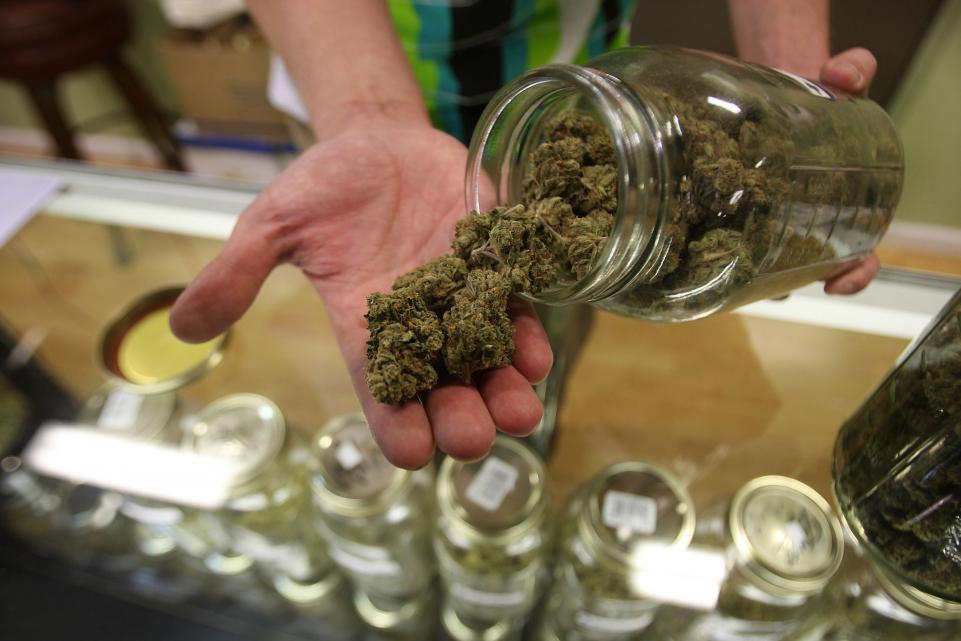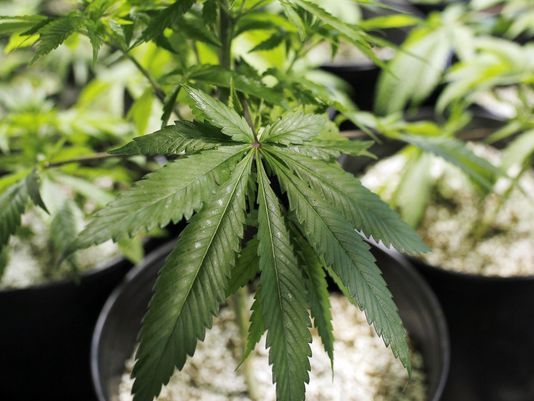Ballot language was submitted to the state on Friday for approval. The petition language is awaiting approval from the Secretary of State’s Office, which will set the stage for a summer signature drive and a potential 2018 ballot proposal to legalize recreational marijuana use by adults.
The Coalition to Regulate Marijuana Like Alcohol is behind the initiative that would create five categories of licensed marijuana businesses, regulated by the state and subject to local control.
“We’re an organization that believes prohibition has failed and there’s a better way to go about doing things,” said Josh Hovey, Coalition to Regulate Marijuana Like Alcohol.
Hovey says a big component of the plan provides taxable revenue from sales and could generate upwards of an estimated $200 million a year for state and local governments.
“It’s going to reduce law enforcement, hopefully reduce the burden of local governments when they have more of a regulated structure dealing with this,” said Hovey.
The pending petition drive could start as early as next week, if it passes a review by the Board of State Canvassers.
In 2016, Legalize MI, an activist-led group, failed to collect enough signatures in the state-mandated 180 day window, but Hovey says the group he works with is hoping to raise eight million dollars to push support over the edge.
“We think we need to do some fundraising and to do some actually paid fundraising efforts from professionals that know how to get it done,” said Hovey.
Hovey says the initiative would build on current medical marijuana regulations, but Drey Perkins, a local volunteer for MI Legalize, says the plan could leave medical users in the dark.
“What you do see in some of the communities that have pushed for a full recreational model is that it does make life more difficult for the medical patients,” said Perkins, “and that’s something a lot of Michigan residents want to avoid.”
Attorney General Bill Schuette who led the campaign against Michigan’s medical marijuana law in 2008 told a Detroit newspaper that he opposes the legalization, but stopped short of saying he’d actively fight the proposal if it makes the 2018, which he also may appear on if he runs for governor.
credit:wwmt.com








